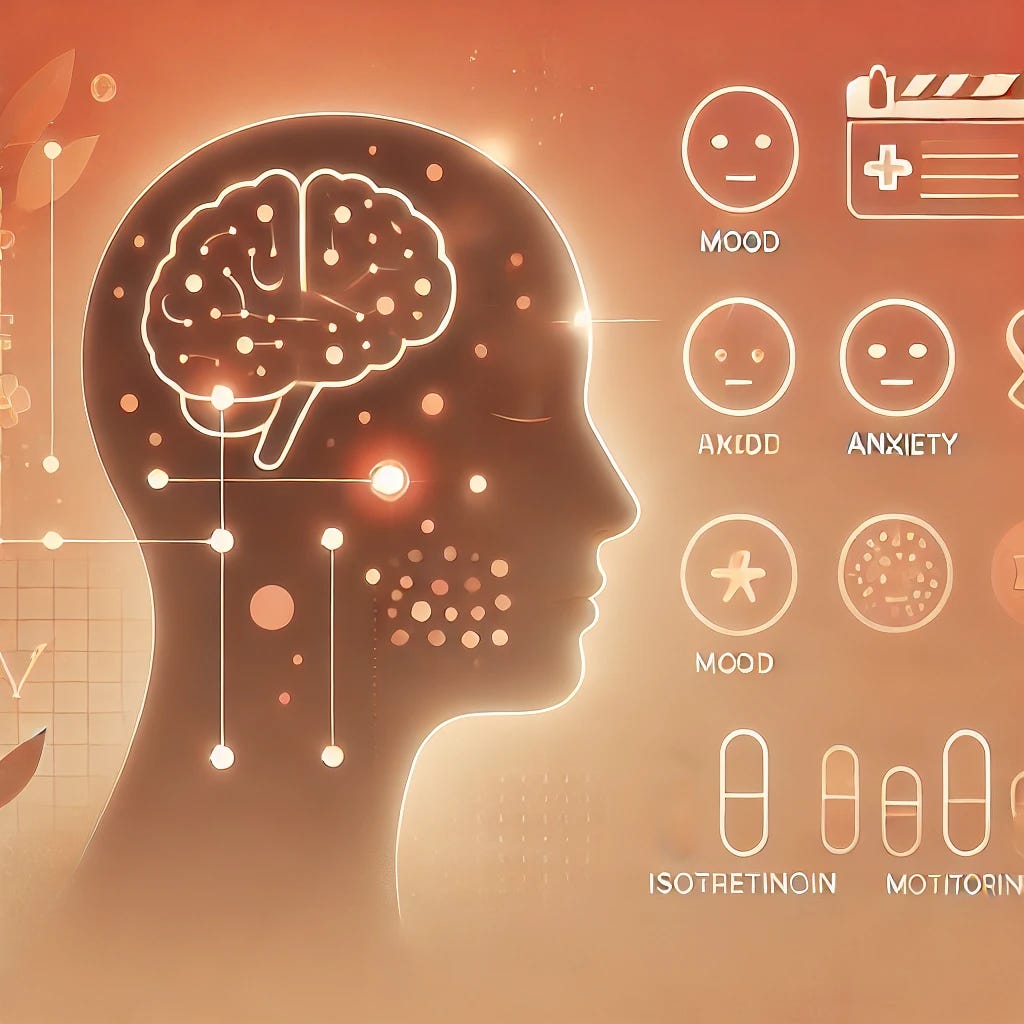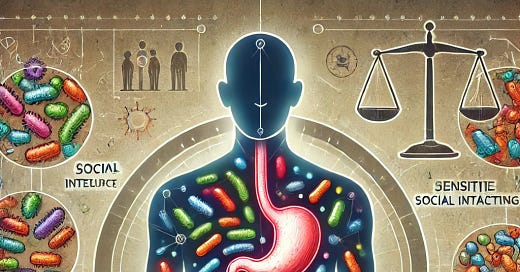
Isotretinoin in Acne Patients Signals Broader Mental Health Concerns
New analysis of FDA reports suggests mood disorders, self-injury, and psychosis may also need monitoring during treatment
Topline:
A 20-year analysis of FDA adverse event reports found isotretinoin users, especially those treated for acne, showed increased odds of psychiatric issues beyond depression and suicide—including anxiety, mood changes, and psychosis—warranting closer mental health monitoring during early treatment.
Study Details
Isotretinoin, a powerful acne treatment, has long been under scrutiny for its links to depression and suicidality. However, a new study published in the Journal of the American Academy of Dermatology expands the conversation by analyzing U.S. FDA Adverse Event Reporting System (FAERS) data from 2004 to 2024. Researchers aimed to uncover whether other psychiatric adverse events (AEs) also require clinician attention beyond the typically flagged concerns.
Methodology
Researchers led by Dr. Wenjia Nie analyzed 19,412 psychiatric AEs reported by 12,312 isotretinoin users. They compared psychiatric-to-nonpsychiatric adverse event ratios among isotretinoin users with those using other medications. Reports were categorized by indication (e.g., acne or not), and signals were classified by clinical urgency using the reporting odds ratio (ROR).
Key Findings
Most reported psychiatric events:
Depression (47.5%)
Suicidal ideation (17.7%)
Anxiety (15%)
Altered mood (11.7%)
Elevated risk:
Isotretinoin users had 3.3 times the odds of reporting psychiatric AEs compared to users of other drugs.Highest priority risks:
Suicidal ideation (ROR025 = 11.16)
Major depression (ROR025 = 5.07)
Completed suicide (ROR025 = 1.39)
Additional concerns:
Bipolar disorder, self-injury, psychosis, and affective disorders emerged with significant signals—especially in acne patients—within a median onset of 80 days from treatment start.
Implications for Practice
For patients, especially teens and young adults, these findings underscore the importance of regular mood and mental health check-ins when beginning isotretinoin.
For clinicians, the takeaway is clear: psychiatric risks go beyond depression and suicide. Monthly monitoring and a low threshold for referring to mental health professionals may improve safety and outcomes. While causality cannot be inferred from FAERS data, the observed signals justify vigilance.
Despite the study's findings, dermatology experts like Dr. Emmy Graber advise caution due to limitations in self-reported data and the potential for suggestion bias. However, she acknowledges dermatologists' unique role in early detection through consistent patient follow-up.












